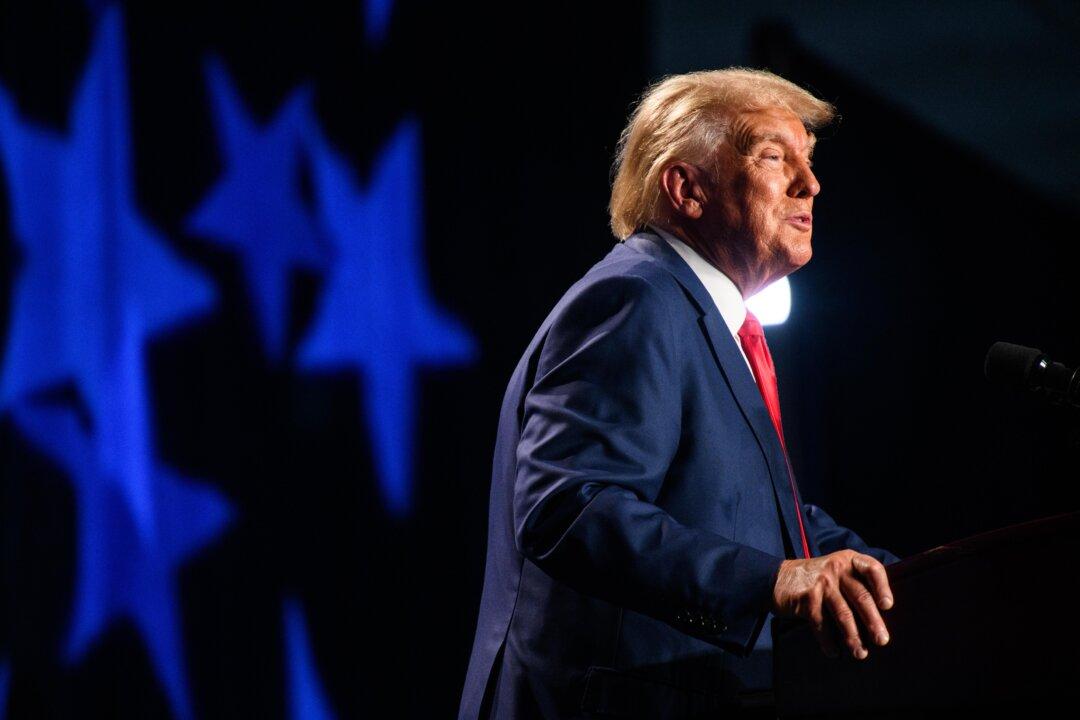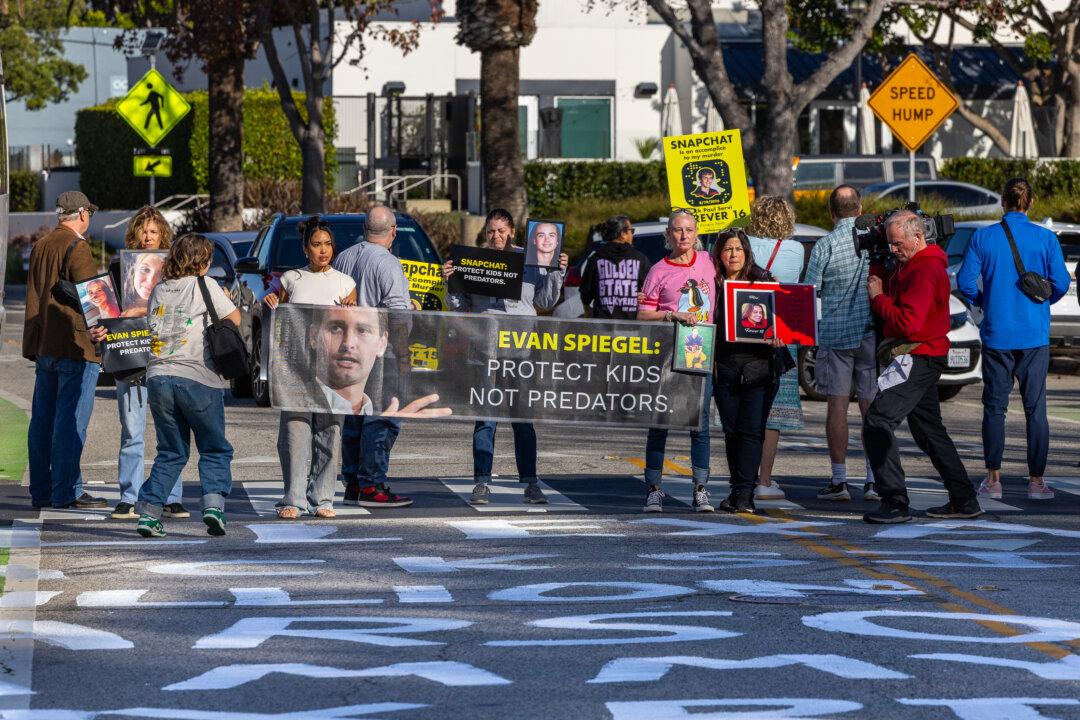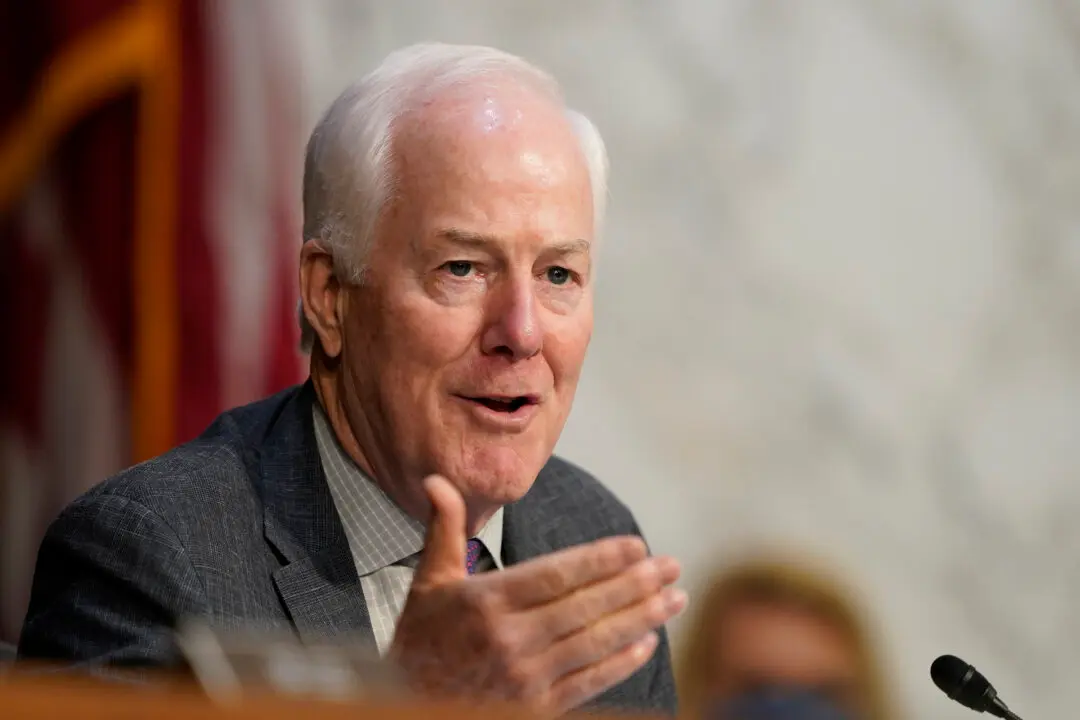ATLANTA—Former President Donald Trump and 18 co-defendants were indicted by a grand jury in Fulton County, Georgia, on Monday evening in relation to the former president’s efforts to dispute the 2020 election results in the state.
The 98-page indictment (pdf) charges President Trump with 13 counts, including violation of the state’s Racketeer Influenced and Corrupt Organizations (RICO) Act, solicitation of violation of oath by a public officer, conspiracy to commit forgery in the first degree, and conspiracy to commit filing of false documents.





